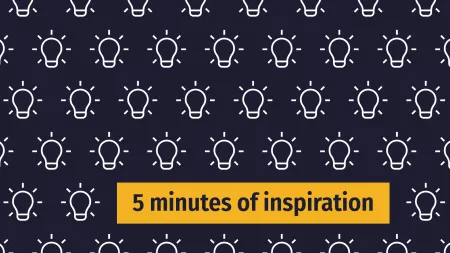“Women have become independent, and now our faces shine with joy.” That’s what women have to say about the Mawe Tatu project. “We’re not yet 100% equal, but because we’re helping our families, our husbands and other men are looking at us with respect, not violence. We’re no longer ‘good for nothing’ like they used to call us. That comforts us.”
It’s a leap from borrowing 60 cents to transforming your whole view about who you are and what you can accomplish, but that’s what women in DR Congo are telling us happened. Earning an income allowed them to transform their position in the community and at home. Men are telling us the same story. Savings have been a platform for changing people’s ideas about what women are capable of.
Mawe Tatu ran in DR Congo from 2015-2019 with $5.3 million from the Dutch Embassy. It reached 77,636 people directly and 72,000 indirectly. The team partnered with Amis des Justice, Congo Men’s Network, and Swiss TPH.
What did we accomplish?
- Women earn more money: “Can you imagine? 60 cents can earn me $100,” says one woman, “I’ve never touched that much money before.” Women built their businesses so they can earn $20-$60 more a month.
- Women can get loans: women are actually able to get loans, and in higher amounts. One woman said that she can now get 260 times more in loans than before. “Before, it was a struggle to get even $0.13 in loans.”
- Families are more secure: “I understand the importance of collaborating with my wife. Her support, which is possible because she is in a VSLA, really motivated me to join a VSLA group…Now it’s easy to pay for everything our family needs, which was a real challenge before.”
- Women are more independent: “We aren’t waiting for our husbands to buy salt or lotion,” says on woman.
- Men are opening up space for women: “Personally, I refused to let my wife participate in trade. Now I’m convinced that its best for our family when she does that.”
How did we get there?
- Create and connect savings groups: Mawe Tatu helped 31,082 women join savings groups and savings group federations.
- Get men and women involved: 552 groups worked with 13,276 men on questions of positive masculinity, and how they could support women in communities.
- Let’s talk about sex: The project worked with 13,772 young boys and girls in sex-ed classes. Starting with young people is critical to creating change not just today, but for the future.
- Work with local institutions: The Catholic church in DRC is adopting CARE’s sex-ed course material into it’s pre-marital counseling sessions because they see the value for communities and for couples in the long term.
- Support couples’ conversations: the project promotes open family dialogues so that men and women have space to talk to each other and plan how they will work together for the future.
- Think intergenerational: in addition to work with adults, Mawe Tatu is working with 104 youth groups that have more than 2,000 young people to improve their ability to resolve conflict and change perceptions about women.
Want to learn more?
Check out the Executive Summary (in English) or the full evaluation (in French).
